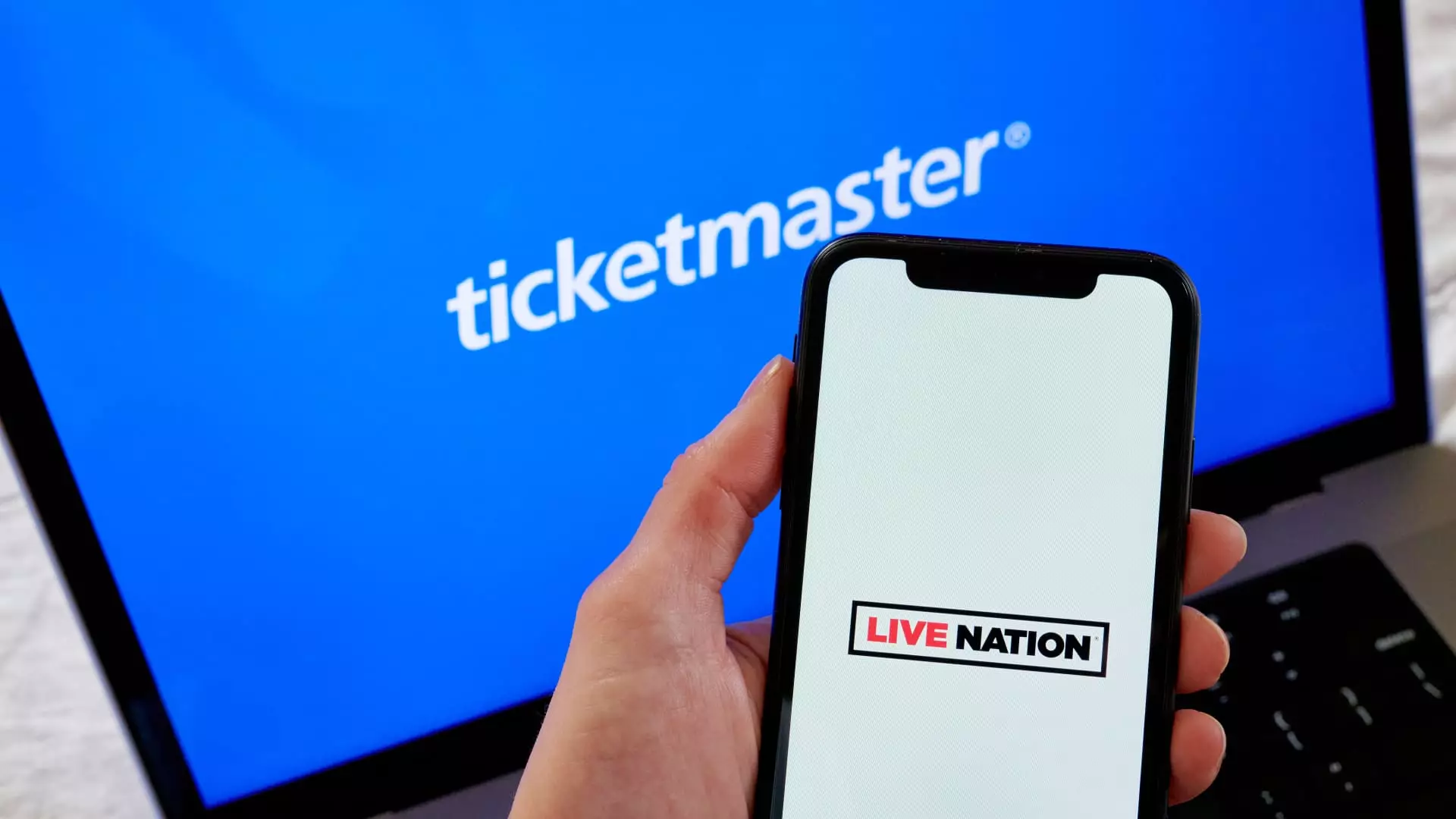The U.S. Department of Justice has taken legal action against Live Nation, the parent company of Ticketmaster, alleging antitrust violations. This move, supported by 30 states and initiated on a Thursday, stems from a probe into Live Nation’s potential monopoly in the ticketing industry. The investigation was prompted in 2022 and gained traction following complaints from fans after a chaotic ticket release for Taylor Swift’s Eras tour. Attorney General Merrick Garland highlights the impact of Live Nation’s practices, suggesting that the company’s actions negatively affect fans, artists, promoters, and venue operators by increasing fees, limiting concert opportunities, and reducing competition in the industry.
In response to the lawsuit, Live Nation rejected the accusations of monopolistic behavior as “absurd.” The company argues that factors beyond their control, such as production costs and artist popularity, contribute to high ticket prices, not Live Nation or Ticketmaster. Live Nation emphasizes that the merging of the two entities in 2010 aimed to streamline ticketing services and enhance the overall live event experience. Dan Wall, Live Nation’s executive vice president, dismisses the DOJ’s claims and defends the company’s role in the entertainment industry.
DOJ’s Allegations and Lawsuit Details
The DOJ lawsuit, filed in the U.S. District Court for the Southern District of New York, outlines Live Nation’s dominance in the live event sector. By controlling ticket sales globally and owning numerous entertainment venues, Live Nation presents a formidable force in the industry. The complaint highlights the company’s ability to influence concert venues’ primary ticketing and leverage relationships to secure exclusive deals with artists and venues. Additionally, Live Nation is accused of engaging in anti-competitive practices by stifling potential rivals, acquiring smaller competitors, and monopolizing concert promotions through strategic partnerships.
Live Nation’s actions, particularly the mishandling of ticket sales for Taylor Swift’s tour, have drawn scrutiny and public ire. The surge in demand for tickets, coupled with technical issues on the website, led to frustrations among fans and prompted a Senate subcommittee probe. The inflated ticket prices for Swift’s concerts sparked concerns about equitable access to live music events and raised questions about transparency in pricing. The DOJ’s emphasis on ticketing innovation and fair pricing resonates with fans who feel disadvantaged compared to international concertgoers.
Despite the legal challenges, Live Nation maintains that it operates within legal boundaries and provides competitive services to fans. The company refutes claims of monopoly pricing, pointing to industry benchmarks and its profit margins. Live Nation underscores the role of artists and venues in setting ticket prices and fees, deflecting the notion that it exerts undue influence on pricing strategies. The company’s financial performance, including a strong first-quarter revenue, suggests stability and growth in the live event market.
Future Outcomes and Industry Impact
As the legal battle unfolds, the outcome of the DOJ lawsuit against Live Nation will have implications for the live entertainment industry. The case raises important questions about market competition, consumer choice, and regulatory oversight in the ticketing sector. Live Nation’s response to the allegations and its commitment to providing quality services will be closely monitored by stakeholders and fans alike. The evolving landscape of live events, ticketing technology, and artist partnerships will continue to shape the industry’s dynamics and consumer experiences.

